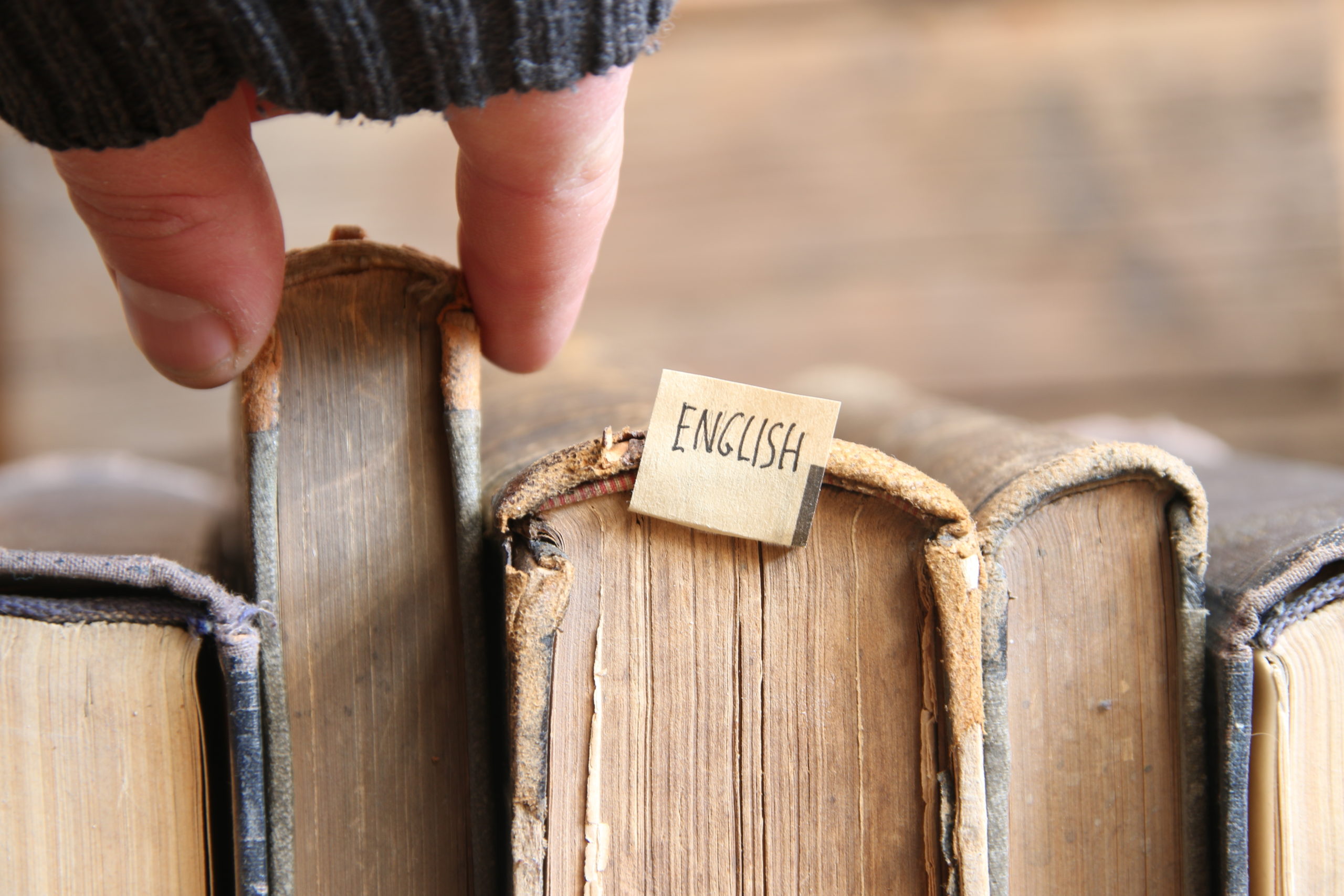English Courses

While many people enjoy a good read, studying an English course at college is really for those who wish to explore and research the best of modern and classic literature. Students engage with and analyse the texts they read. Whatever interpretations they then offer must be supported through logical argument, traceable reference material, and clear articulation.
An English course will also equip students with skills that are prized in virtually any workplace. These include data collection, critical thinking, and communication.
Education
There are a wide variety of different options available for people interested in studying English at higher level. Most students take English along with another Arts subject or a foreign language.
Students will engage in the study of a wide array of texts from Chaucer and Shakespeare to Roddy Doyle and Seamus Heaney. They will also examine the history and practice of the language from Anglo Saxon times to the present day. In addition, they will learn how texts are constructed and how they operate. They also study the cultural and historical contexts as well as literary and cultural theory.
Most English courses at third level allow for specialisation. Students can write essays and theses on subjects ranging from the influence of fairies in seventeenth-century English to feminism in contemporary America. A relatively high proportion of students go on to participate in postgraduate study and research.
Students who just miss the CAO points to gain admission can enroll in a Liberal Arts PLC course. Graduates can progress to a university Arts degree.
The Work
Graduates of english often work in a variety of careers. These include:
- Writing
- Journalism
- Research
- Teaching
- Publishing
- Public relations
- Civil service
- Media
Others might embark on postgraduate study or seek professional qualifications in areas such as business and law.
Many fiction and non-fiction writers also work as scholars and lecturers in academia in between bouts of research and writing.
Technical writers are those who use carefully constructed and simple language to compile instructional manuals for products. These range from computer software to washing machines and educational textbooks.
Usually, English is useful for practically any career you can think of. Graduates put into practice a combination of the concise writing, creative thinking, problem-solving, and investigative research skills they have learned during their courses – whether they work as journalists, solicitors, teachers, marketing professionals, proofreaders, or poets.
Did you know?
Rudyard Kipling was the youngest ever recipient of the Nobel Prize for Literature. He was just 41 when he received the award.


Leave a comment